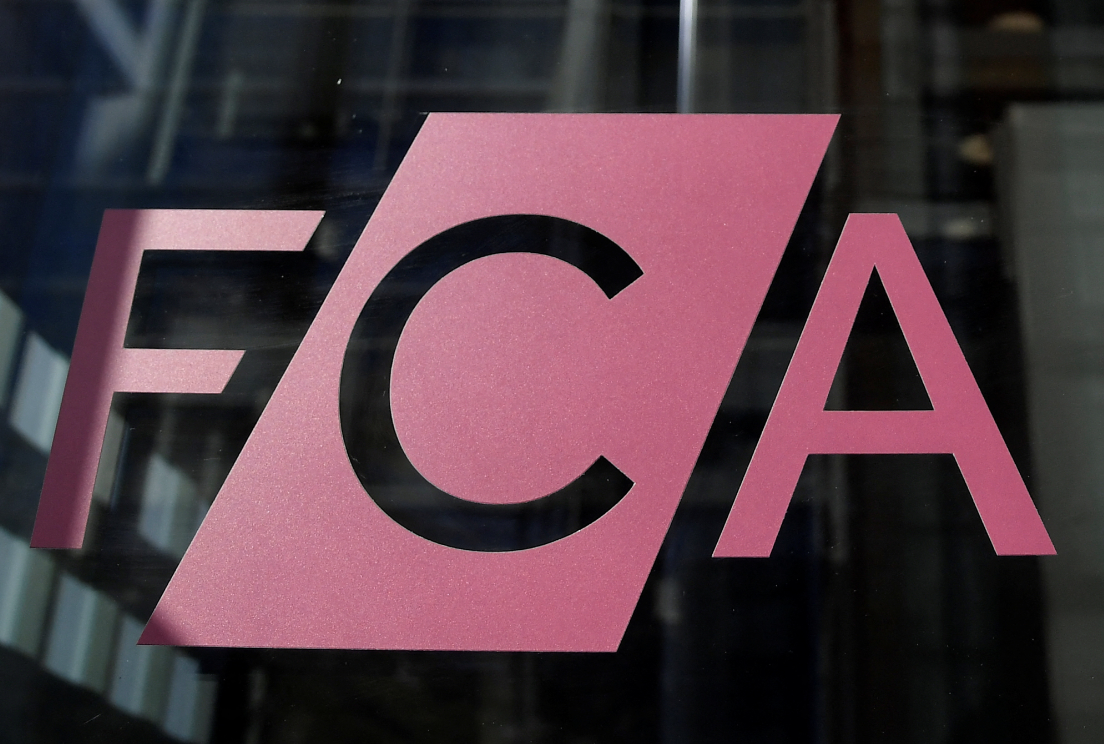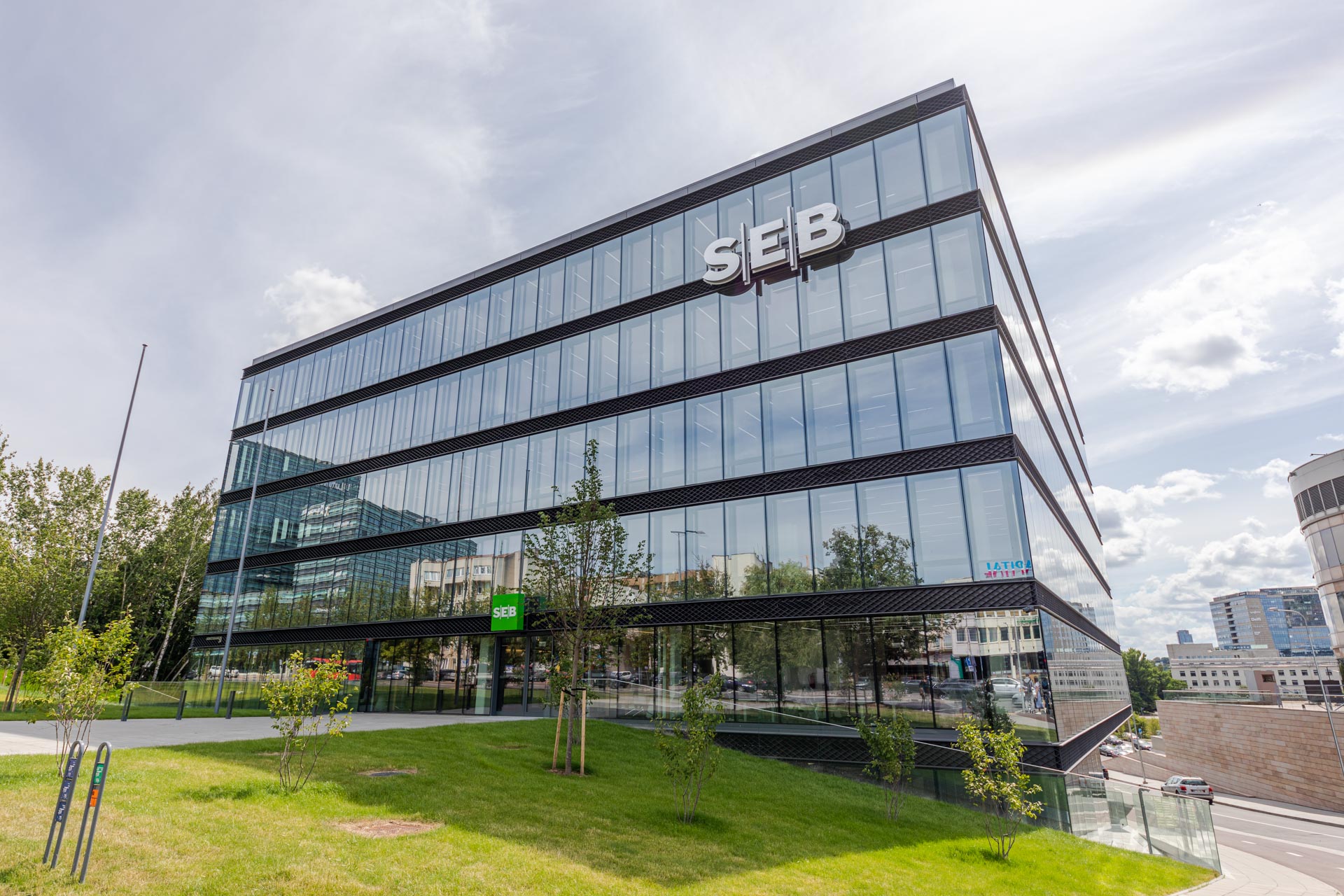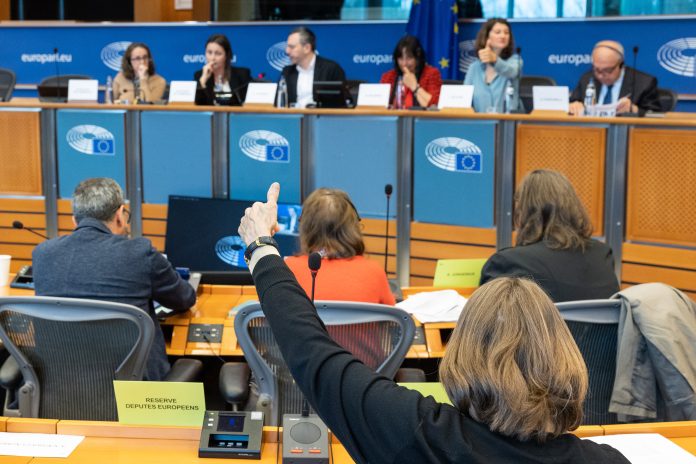Smart Cities Industry Strengthens ESG Policies; Emphasizes Smart Grids and Diversity

|
Listen to this story:
|
Burgeoning urbanization, technology advancements and emphasis on sustainability have opened avenues of growth in the smart cities industry. ESG policies have received an uptake as cities continue to grow in both number and population. According to the World Bank, the global urban population will surge to 6 billion by 2045. Technology advances have furthered digitization and companies expect smart cities to be catalysts for sustainable development. With cities grappling with climate change, ESG has become pivotal in complementing the applications of technologies and data to enhance city planning, accountability and engagement with citizens.
The need for action against climate change has become imperative for a low-carbon society and to implement sustainable practices across the value chain. For instance, Singapore has implemented Green Plan to minimize the waste sent to landfills by 30% by 2030, plant one million more trees and quadruple solar energy deployment by 2025.
See related article: Cyber security To Become A Crucial Part Of Sustainability Endeavors For Companies Globally: Astra ESG Solutions
A bullish ESG policy can provide a robust approach for stakeholders to analyze and address socio-environmental and governance challenges. In essence, strategic planning in line with national objectives, solid ESG regulation and regulatory compliance will remain critical to bolstering the brand position. For instance, real-time IoT data have become sought-after to help city governments in managing and monitoring environmental policies.
Environmental Perspective
The prevalence of greenhouse gas emissions in cities has reinforced the need to strengthen the environmental profile. According to the data cited in the UN specialized agency for ICTs, cities contribute over 70% of carbon emissions globally every year. Digital solutions, such as smart grids, have shown promising signs of reducing emissions and fostering a move towards a clean energy society. Smart grids with predictive analytics and real-time monitoring have gained traction to reduce pressure on aging infrastructure, integrate renewables and lower costs and minimize peak loads.
To illustrate, in December 2022, Siemens won a new contract for grid control and smart metering infrastructure in Egypt. The project, under the aegis of the Japanese International Cooperation Agency (JICA), is valued at EUR 40 million (roughly USD 43 million) and will implement state-of-the-art software to boost the stability, efficiency and reliability of the power grid while minimizing electricity distribution losses. Investments in smart grids could be a significant leap to implementing a sustainable practice across the value chain.
Social Perspective
While the low-carbon future is paving the way to an environmentally friendly society, social facets, including diversity & inclusion, workplace safety and employee engagement, have become invaluable to leverage social progress. For instance, in ABB, 40.5% of early talent hires were women in 2021, with revised Group-wide guidelines for flexible work practices. Strategies to underpin social performance encompassing gender, age, ethnicity and sexual orientation have become pronounced. It is gearing up to increase the proportion of women in senior management roles by two-fold (as part of its Global Diversity and Inclusion Strategy 2030).
The Switzerland-headquartered company also rolled out a gender-neutral parental leave program offering four weeks of paid leave for secondary caregivers and 12 weeks for primary caregivers. Besides, it received an employee engagement score of 74 out of 100 in its 2021 employee Engagement Survey. Moreover, over 7,600 ABB managers and other employees completed the “Interrupt Unconscious Bias” program.
Governance Perspective
An exponential rise in smart cities has put the spotlight on the governance pillar, including transparency, ecosystem governance, ethical practices, funding and supply chain management policies. Stakeholders are expected to focus on undergirding governance to help employees make ethical and fair decisions and provide a foundation for effective strategic leadership. For instance, AVEVA has an Audit Committee to monitor and oversee risk management & control; a Nomination and Governance Committee to review ESG, board composition and succession planning; a Disclosure Committee to decide if information should be disclosed to the market; and a Remuneration Committee to review board and senior management remuneration. In addition, the CEO regularly updates the board about the culture of wellbeing, inclusivity, developments concerning diversity, equity and inclusion and opportunity for employees and communities.
Forward-looking companies strive to achieve carbon neutrality in their operations and foster responsible business practices and social cohesion. In October 2021, The City of London chose Nextech AR Solutions to provide a mini-metaverse experience at Harmony at London Wall Place. The AR-powered interactive artwork and music exhibitions will underscore inclusion as the metaverse will provide easy access to these experiences. It is worth noting that the global smart cities market size touched USD 1,090.64 billion in 2021 and will register a 24.2% CAGR from 2022 to 2030.
Source: PRNewswire








